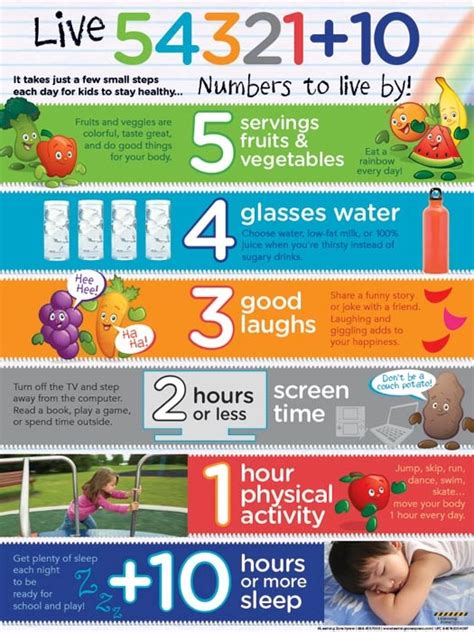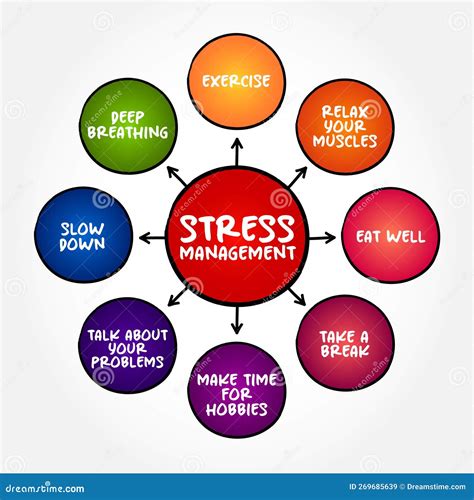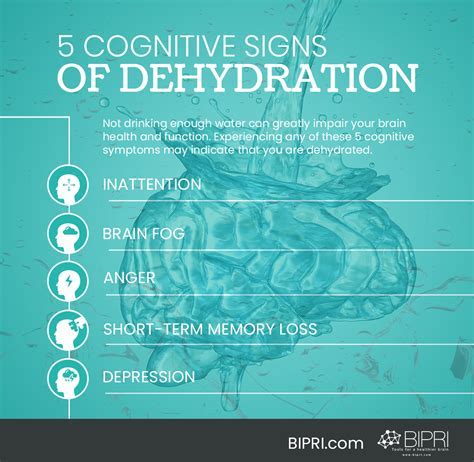Intro
Boost well-being with 5 essential health tips, covering nutrition, fitness, stress management, mental wellness, and self-care strategies for a balanced lifestyle.
Maintaining good health is essential for overall well-being and quality of life. With the numerous demands of modern life, it can be challenging to prioritize health, but it is crucial to make conscious choices that promote physical and mental wellness. By incorporating simple yet effective habits into daily routines, individuals can significantly improve their health and reduce the risk of chronic diseases. In this article, we will explore five health tips that can have a profound impact on overall health, from dietary changes to stress management techniques.
The importance of health cannot be overstated, as it affects every aspect of life, from relationships and work performance to mental clarity and emotional stability. By taking proactive steps to protect and enhance health, individuals can enjoy a better quality of life, increased energy levels, and a reduced risk of illnesses. Moreover, healthy habits can be passed down to future generations, creating a positive impact on families and communities. With the vast amount of health information available, it can be overwhelming to know where to start, but by focusing on a few key areas, individuals can make significant strides in improving their overall health.
The journey to better health begins with small, achievable steps, and it is essential to be patient and compassionate with oneself throughout the process. By celebrating small victories and acknowledging setbacks, individuals can stay motivated and committed to their health goals. Whether it's incorporating more physical activity, practicing mindfulness, or making dietary changes, every positive step counts, and the benefits can be felt almost immediately. As we delve into the five health tips, it is essential to remember that health is a journey, not a destination, and that every effort made towards wellness is a step in the right direction.
Healthy Eating Habits

Some key principles of healthy eating include:
- Eating at least five servings of fruits and vegetables per day
- Incorporating whole grains, such as brown rice, quinoa, and whole-wheat bread, into meals
- Choosing lean protein sources, such as poultry, fish, and legumes
- Limiting intake of processed and sugary foods
- Drinking plenty of water throughout the day
Benefits of a Balanced Diet
A balanced diet can have numerous benefits, including: * Weight management * Improved energy levels * Reduced risk of chronic diseases * Enhanced mental clarity and focus * Improved overall health and well-beingRegular Physical Activity

Some key principles of regular physical activity include:
- Aiming for at least 150 minutes of moderate-intensity exercise per week
- Incorporating strength training exercises into routines, such as weightlifting or bodyweight exercises
- Finding activities that are enjoyable and sustainable
- Incorporating high-intensity interval training (HIIT) for improved cardiovascular health
- Listening to the body and resting when needed
Benefits of Regular Exercise
Regular physical activity can have numerous benefits, including: * Weight management * Improved cardiovascular health * Enhanced mental well-being * Reduced risk of chronic diseases * Improved overall health and well-beingStress Management Techniques

Some key principles of stress management include:
- Practicing mindfulness and being present in the moment
- Incorporating stress-reducing activities into daily routines
- Setting realistic goals and priorities
- Taking regular breaks and practicing self-care
- Seeking support from friends, family, or a mental health professional when needed
Benefits of Stress Management
Effective stress management can have numerous benefits, including: * Reduced symptoms of anxiety and depression * Improved sleep quality * Enhanced mental clarity and focus * Improved overall health and well-being * Increased resilience and ability to cope with challengesGetting Enough Sleep

Some key principles of getting enough sleep include:
- Establishing a consistent sleep schedule
- Creating a sleep-conducive environment, such as keeping the bedroom cool, dark, and quiet
- Avoiding caffeine and electronics before bedtime
- Avoiding heavy meals and exercise before bedtime
- Practicing relaxation techniques, such as deep breathing or meditation, before sleep
Benefits of Getting Enough Sleep
Getting enough sleep can have numerous benefits, including: * Improved cognitive function and mental clarity * Enhanced physical restoration and repair * Improved mood and reduced symptoms of anxiety and depression * Improved overall health and well-being * Increased energy levels and reduced fatigueStaying Hydrated

Some key principles of staying hydrated include:
- Drinking at least eight glasses of water per day
- Eating hydrating foods, such as watermelon, cucumbers, and celery
- Avoiding sugary drinks and caffeine, which can dehydrate the body
- Monitoring urine output and color to ensure adequate hydration
- Drinking water regularly throughout the day, rather than consuming it all at once
Benefits of Staying Hydrated
Staying hydrated can have numerous benefits, including: * Improved physical function and performance * Enhanced cognitive function and mental clarity * Improved mood and reduced symptoms of anxiety and depression * Improved overall health and well-being * Reduced risk of chronic diseases, such as kidney stones and urinary tract infectionsWhat are the benefits of a balanced diet?
+A balanced diet can provide numerous benefits, including weight management, improved energy levels, reduced risk of chronic diseases, and enhanced mental clarity and focus.
How much physical activity is recommended per week?
+It is recommended to aim for at least 150 minutes of moderate-intensity exercise per week, which can include activities such as walking, running, swimming, cycling, and strength training.
What are some effective stress management techniques?
+Some effective stress management techniques include meditation, deep breathing, yoga, and journaling, which can help reduce symptoms of anxiety and depression and improve overall health and well-being.
How much sleep is recommended per night?
+It is recommended to aim for 7-9 hours of sleep per night, which can help improve cognitive function, physical restoration, and overall health and well-being.
What are the benefits of staying hydrated?
+Staying hydrated can provide numerous benefits, including improved physical function, enhanced cognitive function, improved mood, and reduced risk of chronic diseases, such as kidney stones and urinary tract infections.
In conclusion, incorporating these five health tips into daily routines can have a profound impact on overall health and well-being. By prioritizing healthy eating habits, regular physical activity, stress management techniques, getting enough sleep, and staying hydrated, individuals can reduce the risk of chronic diseases, improve mental clarity and focus, and enhance overall health and well-being. We invite you to share your thoughts and experiences on these health tips, and to take the first step towards a healthier, happier you. Whether it's trying a new recipe, taking a walk around the block, or practicing deep breathing exercises, every effort made towards wellness is a step in the right direction. So, let's get started on this journey to better health, and let's support and encourage each other along the way.
